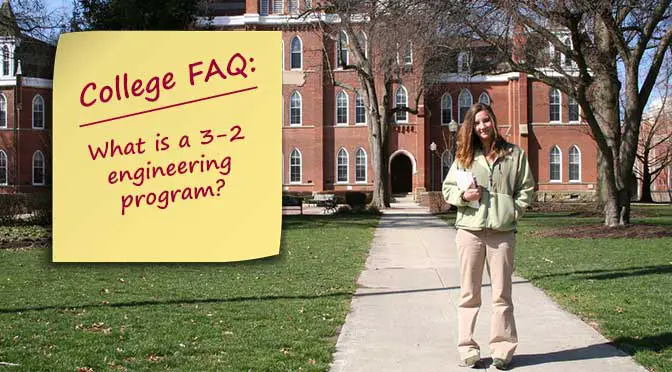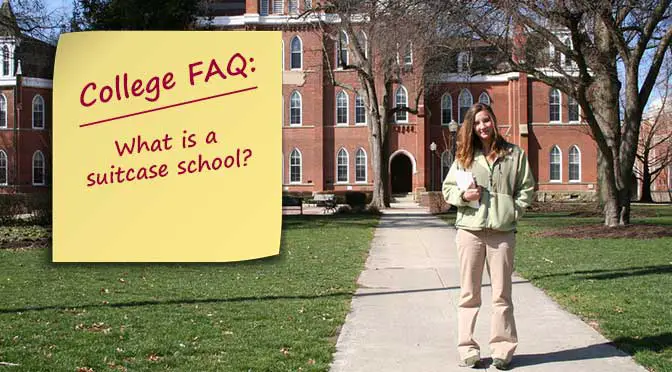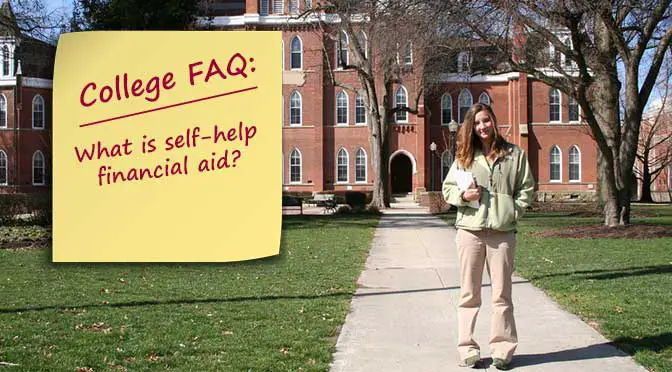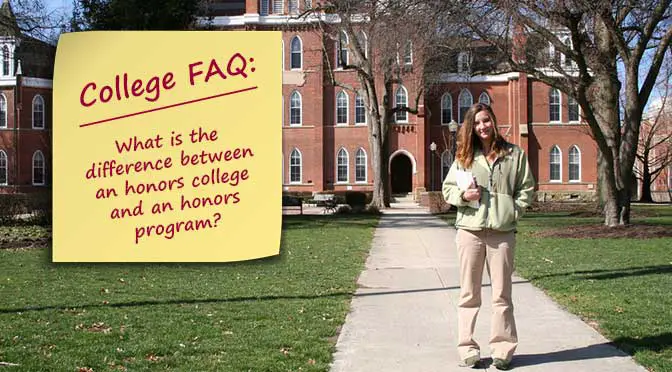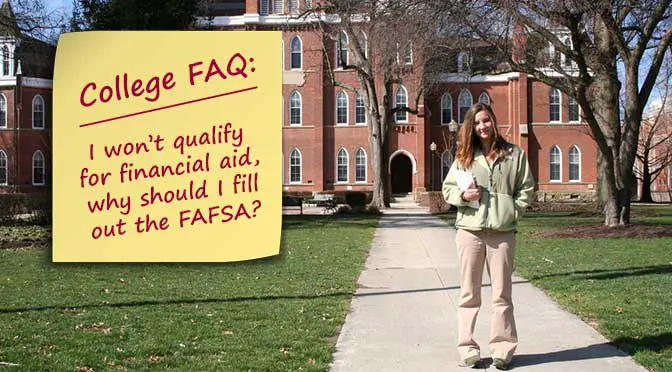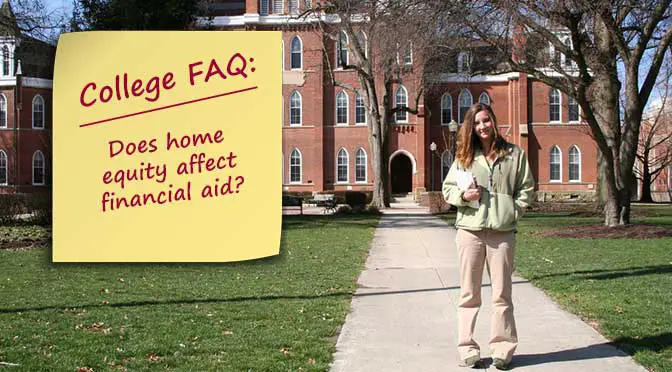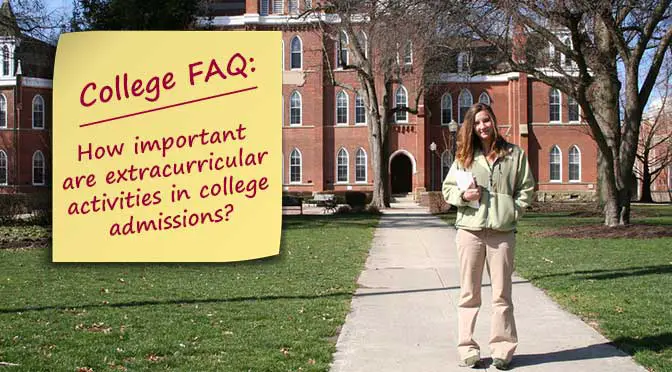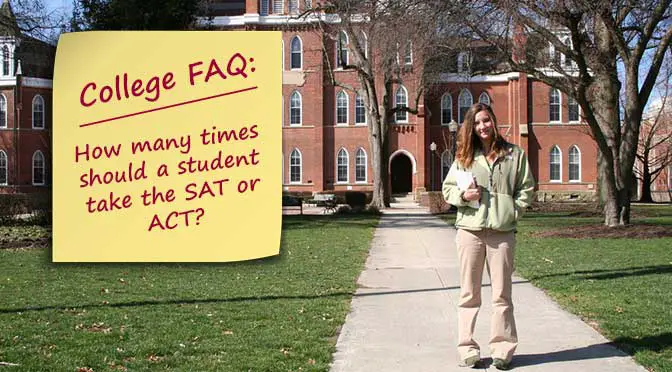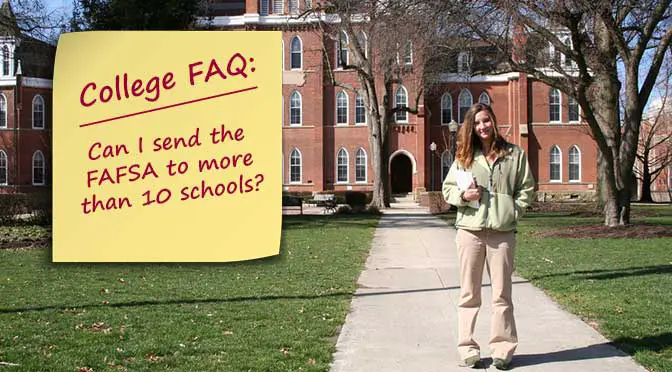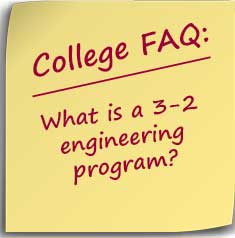 A 3-2 program commonly refers to a dual degree program in Engineering and Liberal Arts that is completed by attending two different institutions. Students spend their first three years attending a college without an engineering program, usually a Liberal Arts College. The last two years are completed at an institution with an engineering program and the student graduates with two bachelors degrees.
A 3-2 program commonly refers to a dual degree program in Engineering and Liberal Arts that is completed by attending two different institutions. Students spend their first three years attending a college without an engineering program, usually a Liberal Arts College. The last two years are completed at an institution with an engineering program and the student graduates with two bachelors degrees.
FAQ: What is a suitcase school?
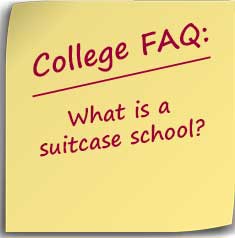 A suitcase school is college that is a predominately residential campus, unlike a commuter school, but where a significant percentage of students go home for the weekend. Suitcase schools tend to be less selective and have a majority of students who live in a close travel radius to the school.
A suitcase school is college that is a predominately residential campus, unlike a commuter school, but where a significant percentage of students go home for the weekend. Suitcase schools tend to be less selective and have a majority of students who live in a close travel radius to the school.
FAQ: What is self-help financial aid?
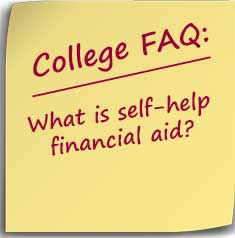 Self-help financial aid is aid that the student earns through work or is required to pay back. Student loans and work-study are both self-help aid. Many colleges build their financial aid award starting with self-help aid.
Self-help financial aid is aid that the student earns through work or is required to pay back. Student loans and work-study are both self-help aid. Many colleges build their financial aid award starting with self-help aid.
Problems can occur when the institution doesn’t meet the student’s full-financial need, often referred to as “gapping.”
FAQ: What is the difference between an honors college and an honors program?
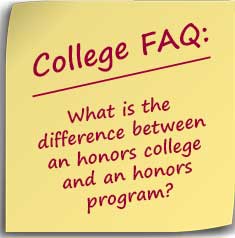 An honors college is more likely to exist in large research university setting with many other existing colleges such as engineering, business, agricultural, natural sciences, etc. Honors programs tend to be at smaller institutions that don’t have college divisions or only two or three such colleges.
An honors college is more likely to exist in large research university setting with many other existing colleges such as engineering, business, agricultural, natural sciences, etc. Honors programs tend to be at smaller institutions that don’t have college divisions or only two or three such colleges.
Many honors colleges evolved from university honors programs. Becoming an honors college is important in terms of structure and funding at universities.
FAQ: I won’t qualify for financial aid, why should I fill out the FAFSA?
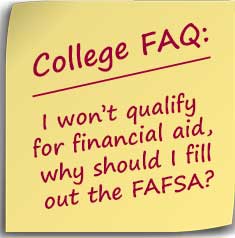 Even if you think your parents make too much money to qualify for financial aid, you should still fill out the FAFSA. There are certain loans that don’t rely on income such as the unsubsidized Direct Loan and the PLUS loans for parents. And depending on the school, you may qualify for work-study jobs.
Even if you think your parents make too much money to qualify for financial aid, you should still fill out the FAFSA. There are certain loans that don’t rely on income such as the unsubsidized Direct Loan and the PLUS loans for parents. And depending on the school, you may qualify for work-study jobs.
Some colleges will not provide scholarship money without the FAFSA and it can also make you eligible for some state aid.
FAQ: Does home equity affect financial aid?
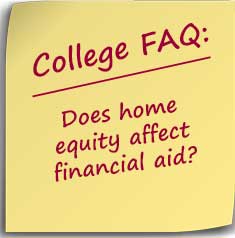 It depends on which colleges you apply to. If you apply to colleges that use the FAFSA only for calculating financial aid, equity in your primary home is not considered. However, if you apply to schools that use the CSS/Financial Aid PROFILE, home equity is likely to be considered.
It depends on which colleges you apply to. If you apply to colleges that use the FAFSA only for calculating financial aid, equity in your primary home is not considered. However, if you apply to schools that use the CSS/Financial Aid PROFILE, home equity is likely to be considered.
Since each school decides if they use home equity in their methodology and how much to consider, how much home equity will affect financial aid will vary by institution.
FAQ: How important are extracurricular activities in college admissions?
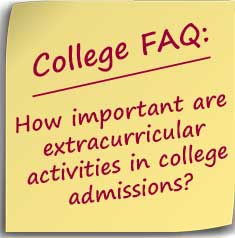 Extracurricular activities are important as a secondary factor in the college admission process. According to a survey by the National Association for College Admission Counseling, Grades in College Prep Course, Strength of Curriculum, Tests Scores, and Grades in all Sources are more important in the admission decision than Extracurricular activities.
Extracurricular activities are important as a secondary factor in the college admission process. According to a survey by the National Association for College Admission Counseling, Grades in College Prep Course, Strength of Curriculum, Tests Scores, and Grades in all Sources are more important in the admission decision than Extracurricular activities.
FAQ: How many times should a student take the SAT or ACT?
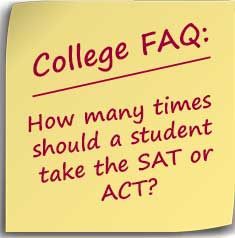 The answer is not “as many times to get the score she wants.”
The answer is not “as many times to get the score she wants.”
As usual, the answer depends on the student. The simplest answer is that the lower your score, the more likely taking the test will raise it while the higher your score, the more likely taking the test will lower the scores.
FAQ: Can I send the FAFSA to more than 10 schools?
ShareTweetFlipEmailPin0 SharesStudents can enter up to 10 schools on the FAFSA if completed on the web. Any schools added after the tenth will replace a previous school. Students can choose which school to replace with the new school. Replacing a school means that the old school will not have access to any updates or corrections … Read more

